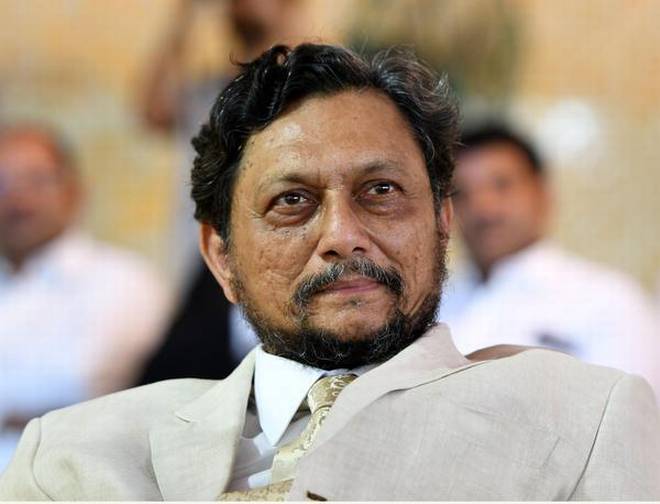The President of India signed a warrant on Tuesday appointing Justice Sharad Arvind Bobde as the 47th Chief Justice of India. Justice Bobde will take oath as the Chief Justice of India on November 18 this year and his term will continue till April 2021. The law ministry then issued a notification naming Justice Bobde as the next Chief Justice of India. In accordance with convention, the outgoing Chief Justice of India, Ranjan Gogoi recommended the name of Justice Bobde, the senior-most Judge of the Supreme Court as his successor.
Justice Bobde belongs to a family of eminent lawyers from Maharashtra. His father, senior advocate Arvind Shriniwas Bobde was the Advocate-General of Maharashtra, and his brother late Vinod Arvind Bobde was a senior advocate of the Supreme Court. His judicial career started on March 29, 2000, when he was elevated to the Bombay High Court as an Additional Judge. Later on, he went on to be sworn in as the Chief Justice of the Madhya Pradesh High Court on October 16, 2012. He was elevated to the Supreme Court on April 12, 2013, and now after an experience of more than six years as a Supreme Court Judge, he is all set to take charge as the head of the Indian judiciary.
Even though he is going to take oath on November 18, Justice Bobde has already been in the thick of things given that in his ongoing stint as a Supreme Court Judge, Justice Bobde has been part of apex court benches that have pronounced some of the landmark judgments in the Indian jurisprudence. Take for example the nine-judge bench headed by the then Chief Justice of India, Justice Khehar, which unanimously held that the Right to Privacy is a Fundamental Right. Justice Bobde was one of the judges in this bench. He was also a part of a three-judge bench of the Supreme Court which held that a citizen without an Aadhaar card could not be denied basic services and government services.
In 2016, Justice Bobde was also the part of an apex court bench that rejected a plea against the discharge of the present Union Home Minister, Amit Shah in the 2005 Sohrabuddin Sheikh encounter case. The Supreme Court questioned the locus standi, that is the right of the petitioner, Harsh Mander, a social activist, to bring the action before the apex court. Giving relief to the BJP President, Amit Shah, the Supreme Court bench had observed, “When the person is genuinely aggrieved then the issue takes a different colour but when the person is not remotely connected and wants to revive the case then it is a different matter.”
Apart from being a part of the aforementioned landmark judicial pronouncements, Justice Bobde headed a committee, he was also part of the committee to examine the veracity of allegations of sexual harassment levelled by a former Supreme Court staffer against the present Chief Justice of India. The Committee stated that it found no substance in those allegations. As per The Print, Justice Bobde is also said to have played a major role in brokering peace between the then Chief Justice of India Dipak Mishra and the four senior-most Supreme Court judges who had held a press conference against the manner of functioning of the top court under the then Chief Justice of India.
It is important to mention here that Justice Bobde is also a part of the five-judge bench that heard the Ram Janmabhoomi-Babri Masjid title dispute, and which has now reserved its judgement in one of the most keenly observed cases till date. The bench is now expected to pronounce judgement in this historic case by November 15, right before the present Chief Justice of India Gogoi demits office on November 17. Justice Bobde is therefore going to succeed to one of the most crucial constitutional posts in India after a rich experience of more than six years as a Supreme Court Judge, which includes several landmark judicial pronouncements, that will most probably include the Ayodhya verdict as well before he takes oath as the next Chief Justice of India.
